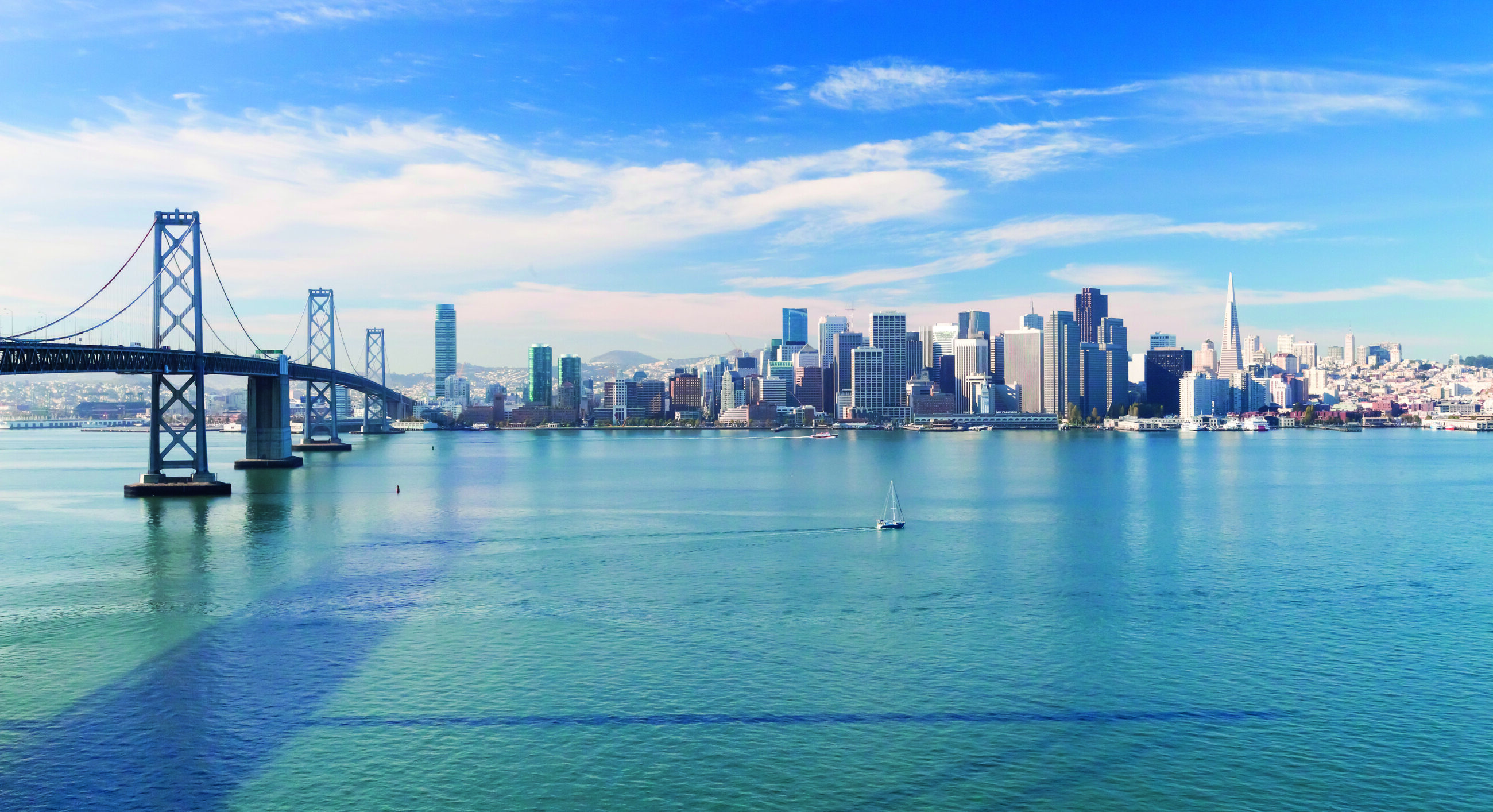DIALOG Chair Antonio Gómez-Palacio will attend the fourth annual Urban Transformation Summit on October 22, 2024, in San Francisco to moderate a panel titled ‘Driving Climate Action in Cities’, exploring how community leaders are addressing the effects of climate change in cities.
As urbanization continues at an accelerated pace, cities face the urgent need to adapt to environmental challenges, expand resource availability, bridge growing inequalities, and harness technology to enhance sustainability.
The Urban Transformation Summit addresses these critical urban challenges by bringing together a diverse group of collaborators from business, public sectors, and civil society. The summit features over 12 collaborative sessions around key themes including sustainable urban design and construction, climate adaptation and infrastructure planning, urban regeneration and innovation districts, innovative financing strategies for urban development, next-generation urban mobility and city services, and fostering inclusive economic growth and affordability.
As an official Partner of the Centre for Urban Transformation, DIALOG is working with a community of global leaders to shape a better future and create lasting impact.
Driving Climate Action in Cities
Cities are on the frontline of the global climate crisis with more than half of the global population living in cities, consuming over 78% of the world’s core energy and generating 70% of carbon emissions. Meanwhile, over 90% of urban areas are situated in coastal regions where the impacts of climate change have been most severe.
How are world-leading mayors, businesses and community leaders taking action to address this growing challenge?
Panelists:
- Lauren Sorkin-Yeo, Executive Director, Resilient Cities Network (RCN)
- Donnel Baird, Founder, BlocPower
- Mark Edward Rose, Chair and Chief Executive Officer, Avison Young
Moderated by: Antonio Gómez-Palacio, Chair, DIALOG
About the Centre for Urban Transformation
The Centre for Urban Transformation is an initiative of the World Economic Forum (WEF) focused on advancing collaboration in cities to enable more resilient, sustainable, and future-ready communities. The Centre’s three main priorities include growing local economies, creating eco-friendly cities through sustainable construction and green buildings, and making life better for people by driving high-quality, affordable urban development.
